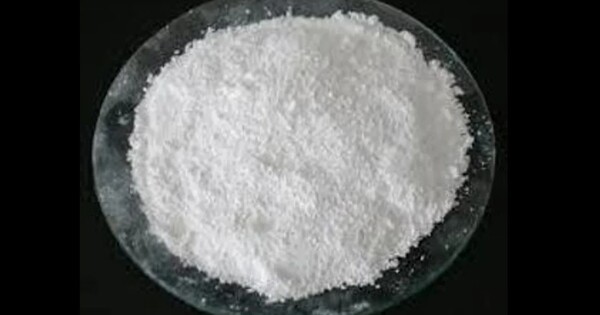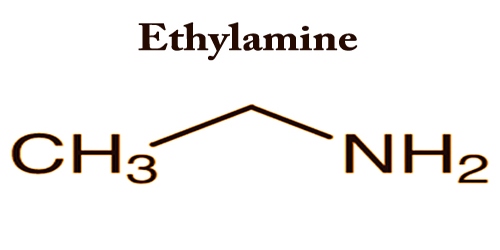Calcium gluconate is the calcium salt of gluconic acid and is used as a mineral supplement and medication. It is a form of calcium, which is a vital mineral in the body. It is commonly used in medical settings for the treatment of calcium deficiencies, as well as for certain other conditions, including cases of acute hypocalcemia (low blood calcium) and calcium channel blocker overdose.
As a medication it is used by injection into a vein to treat low blood calcium, high blood potassium, and magnesium toxicity. Supplementation is generally only required when there is not enough calcium in the diet. Supplementation may be done to treat or prevent osteoporosis or rickets. It can also be taken by mouth but is not recommended for injection into a muscle.
Side effects when injected include slow heart rate, pain at the site of injection, and low blood pressure. When taken by mouth side effects may include constipation and nausea. Blood calcium levels should be measured when used and extra care should be taken in those with a history of kidney stones. At normal doses, use is regarded as safe in pregnancy and breastfeeding. Calcium gluconate is made by mixing gluconic acid with calcium carbonate or calcium hydroxide.
Production
Calcium gluconate is produced commercially through three main methods. These three methods are: chemical oxidation of glucose with a hypochlorite solution, electrolytic oxidation of a glucose solution containing a known value of bromide, and a fermentation process where specific microorganisms are grown in a medium containing glucose and various other ingredients.
Uses in Medicine
- Hypocalcemia Treatment: Calcium Gluconate is used to treat or prevent calcium deficiency, which can occur in conditions such as hypocalcemia, osteoporosis, and postmenopausal osteoporosis.
- Calcium Channel Blocker Overdose: In the case of overdose with calcium channel blockers (e.g., verapamil, diltiazem), Calcium Gluconate is used as an antidote to help restore calcium levels and counteract the effects of the drug overdose on the heart and blood vessels.
- Hyperkalemia (High Potassium Levels): Calcium Gluconate may be given intravenously in the case of hyperkalemia to stabilize cardiac membranes and reduce the risk of life-threatening arrhythmias, although it does not lower potassium levels directly.
- Magnesium Sulfate Toxicity: In cases of magnesium toxicity (e.g., after the administration of high doses of magnesium sulfate), Calcium Gluconate can help reverse the effects by providing an opposing action.
- Renal Failure: It is used in some cases of renal failure when the kidneys are unable to regulate calcium levels effectively.
Calcium Gluconate is a critical medication for treating calcium deficiencies and related conditions, especially in acute situations like electrolyte imbalances or overdose scenarios. It is well tolerated when used properly but requires monitoring for potential side effects like hypercalcemia and arrhythmias, particularly when administered intravenously.
















